Sinai Health News
Read the latest news and stories from Sinai Health.
Image
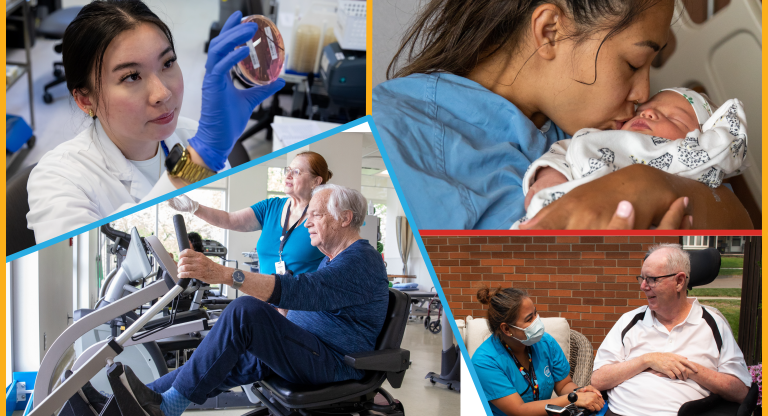
A decade of compassionate care: Sinai Health at 10
Our achievements are a direct result of the dedication and compassion that define us.
Image

Each year, employees and their children are recognized for their inspiring…
Image
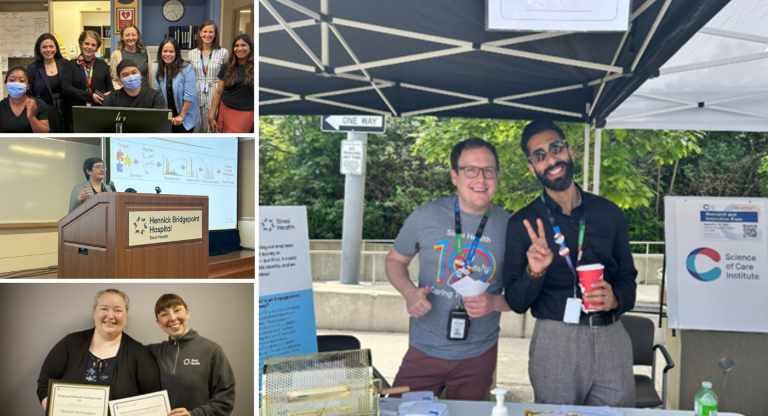
Every day our people at Sinai Health are doing extraordinary things.…
Image
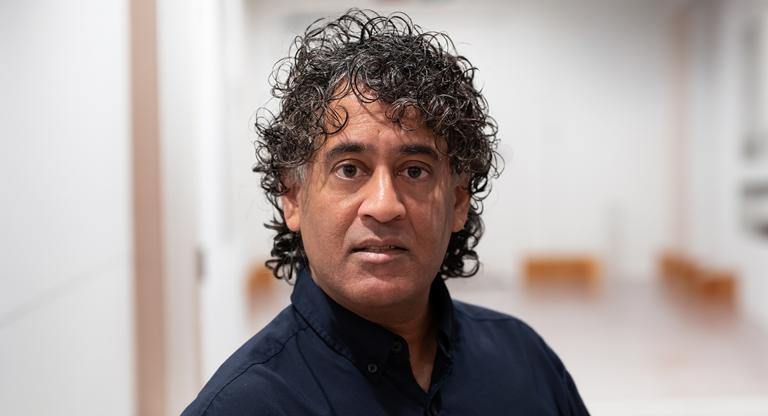
A team of researchers at the Lunenfeld-Tanenbaum Research Institute (LTRI…
Image
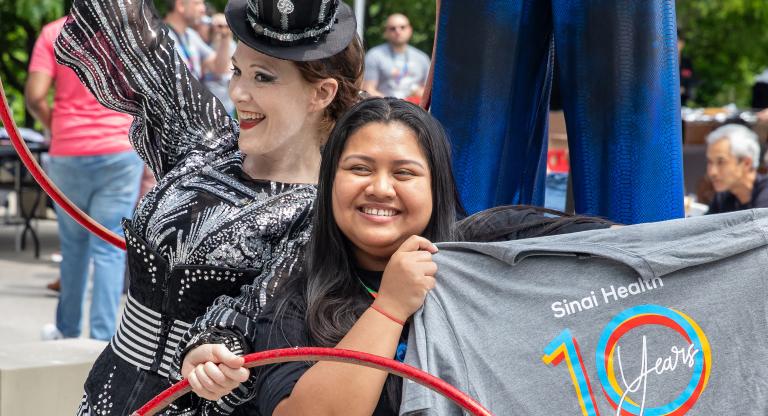
As summer kicks off with blue skies and sunshine, Sinai Health’s annual…
Image
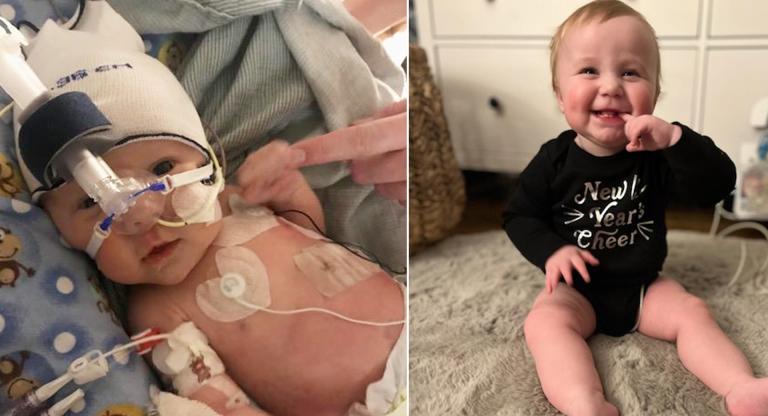
Baby Rowan’s parents found hope at the Ontario Fetal Centre (OFC) after…
Image

LTRI researchers are leading a groundbreaking international study to…









